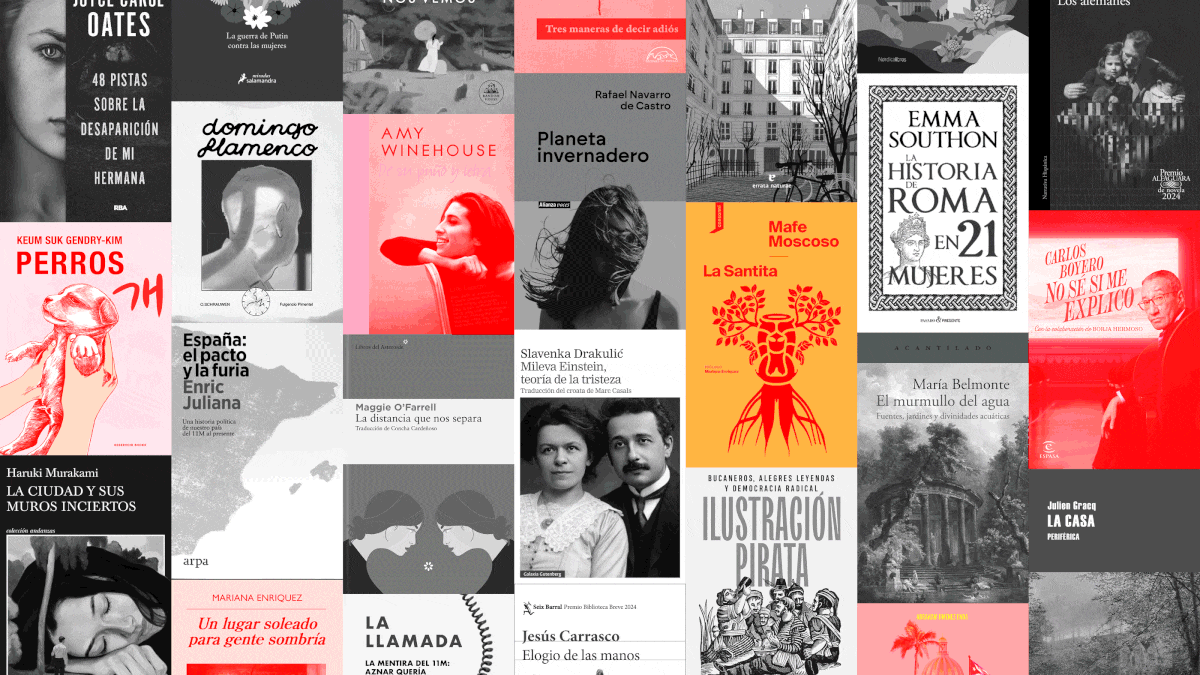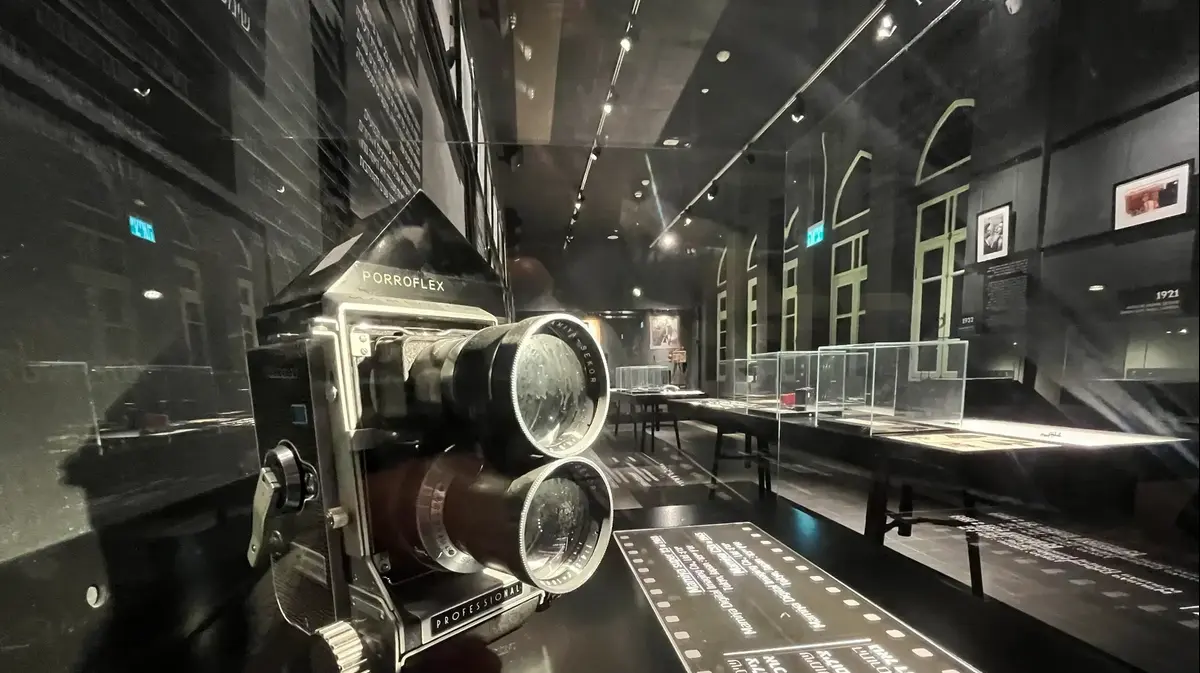For the 100th birthday, the school community of the Rainer-Maria-Rilke-Gymnasium published a chronicle.
She leaves nothing out.
Icking - 330 pages, over 400 photos. Here is a series of pictures about the history of the school, there an interview with the caretaker, in between many stories that illuminate the Ickinger Gymnasium from all angles and allow all committees of the school community to have their say. Cheery - without ignoring the darker chapters in the “moving and moving past 365,000 days”: The Rainer-Maria-Rilke-Gymnasium, which this year celebrated its 100th anniversary in a ceremony and the next year a "festival for everyone" is to follow, his chronicle published.
The whole thing is an “unbelievably wonderful collection of the most varied of contributions”, said Director Stefan Nirschl at the official presentation, not without pride.
Over 30 authors contributed to the “really big book”.
“A lot of work” has gone into it.
The whole thing was coordinated by the deputy headmistress Beate Demmelhuber, the layout comes from the pupil mother Daniela Chidi-Ume, a P seminar helped to collect the many photos and stories.
+
Young people have always lent a hand.
The photo was taken during repair work on the school barracks, in which teaching was carried out until the new building.
© School archive
Demmelhuber explained that the conception of the really varied Festschrift was based on a word given by the school's namesake, Rainer Maria Rilke. In 1903 he had told a young poet colleague that he should now live the questions. “Perhaps you will then gradually, without realizing it, live into the answers one day in the distant future.” Of course, it was not possible to “scientifically evaluate” all of the available material. Some things are still more or less unprocessed in archives - and may one day be picked up by one or the other P seminar.
Working on the chronicle was not only "a great pleasure", it was also exciting and informative.
They discovered “interesting and curious things” and learned a lot about the “wishes and dreams” of the founding fathers - above all Alfred Vogel.
The tutor, who had traveled widely, opened the school in 1921.
Because there was no school in Icking at that time and the grammar school in Schäftlarn only accepted boys, he quickly opened a mouse class in a farmhouse - in which not only many girls sat, but also chickens and cats wandered around.
+
Alfred Vogel: The private tutor founded the school in 1921.
© School archive
“How much strength was required” to finally form a “higher private educational institution” out of this one class, which has been approved by the state, the research for the Chronicle would have shown again.
It was parents who stepped in and offered themselves to run the educational institution through a parents' association that was quickly founded.
According to Demmelhuber, the history of the school also reflects the “history of the republic”.
There were students in Icking who had to leave school after 1933 just because they were Jewish.
In the annual report 1935/36 it is noted: “All National Socialist celebrations were held in a dignified manner and in accordance with the regulations.” In order to be able to take part in the “folkish events of life”, a radio had been specially purchased.
After the devastating Second World War, the school was rebuilt, with teachers and students alike helping. When the grammar school moved to its current location in the 1950s, the adolescents got involved again.
In the 1968s it became clear that the much-invoked “Ickinger Geist” was a very conservative one: when bright pupils were elected to the Ickinger school district in order to have a say in what was going on in the school, this circle became Unceremoniously dissolved - and parents formed anew in the current sponsorship association. The director at that time was Walter Niklas, who headed the school from 1949 to 1974. According to Demmelhuber, he was “very authoritarian”. The students who called him “the boss” adored and feared him at the same time. One of the last events that shaped the school so far was the billeting of around 70 refugees in the gym five years ago.
A series of pictures in the book is dedicated to theater life at the school.
There were times on Ulrichstrasse when teachers were on stage with the students.
The many journeys traditionally made in Icking are also taken into account in the chronicle.
A lot of space was also given to the student councils, who report on their subject over the course of time.
With all moves and upheavals - one thing has never changed in the words of Beate Demmelhuber: that despite all the changes, this school always wanted to be just a place of learning and living where students and teachers can grow together. "
info
The chronicle was printed in an edition of 1,500 copies and is available in various shops: in Schäftlarn at Schreibwaren Bartl and in the Isartal bookstore, in Icking at Feinkost Baumgartner and in the community as well as in Starnberg at the specialist book trade Global and in Wolfratshausen at Spielwaren Tausend.
It costs 15 euros.
Andrea Kästle
Wolfratshausen-Geretsried-Newsletter: Everything from your region!
Our brand new Wolfratshausen-Geretsried newsletter informs you regularly about all the important stories from the region - including all the news about the corona crisis in your community.
Sign up here.















